Our junior high program is focused on guiding ISAers along the rough road of hard work and purpose.
ISA is often accused of being ‘rigorous’ in its teaching methodology. If by rigorous it means a coherent knowledge-based teaching strategy, emphasis on frequent evaluation in the form of short quizzes, regular long tests, and summative periodical exams, then to this accusation we plead guilty.
We believe in the principle set forth by the growth-mindset, that basic education (K-12) should be understood in its literal sense, that is, the major competencies enumerated in the K-12 curriculum should be mastered by a learner when he or she finishes grade 12.
In Junior High School, our goal is that no learner is to be left behind in any subject at the pretext of a lack of certain intelligences. Our learners learn logic by solving math word problems. They understand humanity by reading literary classics. We widen their world view by not limiting their reading within official textbooks. Throughout the 4 years, they would read literally hundreds of books before they leave the school portal.
Scroll below for our approach to junior high education.
In our English high school curriculum, nurturing every learner with the love of reading outweighs any other concern. By reading a wide range of stories, poems, novels, essays, children learn to be independent and to learn independently. Besides deepening their understanding of the intricacies of English grammar, they develop critical thinking.
Along with reading, our learners write a great deal. A separate Writing subject is devoted to sharpen learners’ skill in this form of communication. The mandatory reading of a selected classic per quarter throughout the 4 years of junior high school, on top of the hundreds of short stories under the Scholastic Prime Reading Program, opens their path to the wonderful world of literature. On the other hand, an array of programs in speech, the annual Voices of the Youth literary competitions, classroom discussions, literary clubs such as the debate society, and English as the campus de facto lingua franca, takes care of much of the practice in listening and speaking.
Below are some of the 16 classics our junior high school learners read in four years.


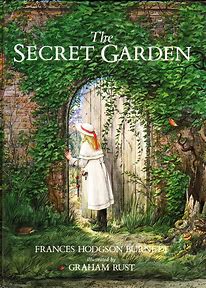
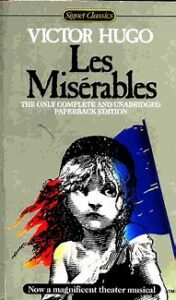

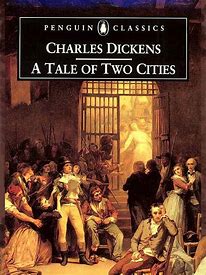
Our geographical location sets all our learners apart from the native speaker of the language Filipino, yet the Filipino curriculum we adapt is designed for children whose mother tongue is Filipino. It would not surprise us if many would find this subject difficult. By and large, our facilitators are given leeways to render the subject comprehensible to the learners and to sustain their interest to learn the subject.
Despite the disadvantages our learners find themselves in, we have to let the learners understand that Filipino being our national language, it is the only language that connects Filipinos in different regions which have their distinct mother tongues.
Gauged from the results in the National Achievement Test in this subject, our grade 10 learners, in average, belong to the top 20% in our city.
Below are the six main reasons why majority of our learners are either highly-proficient or proficient (based on the APSA Standard-Based Assessment) in Math:

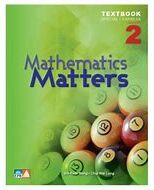


At the end of Grade 10, our learners should have developed scientific, technological, and environmental literacy and can make judgments that would lead to rational choices on issues confronting them.
Besides adhering to the Philippine curriculum, we align our Science classroom instruction with the latest GCE ‘O’ Level science syllabus stipulated by the Ministry of Education of Singapore. Designed for effective concept development and reinforcement, our learning methodology presents science in an engaging manner through he use of infographics, graphic organizers, and real-life examples.
We also aim to equip our learners with the necessary knowledge and 21st century competencies for their journey of lifelong learning, thus allowing our learners to communicate with learners both locally and abroad.

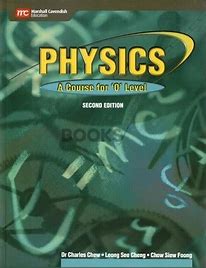

Some of our reference books are available at 1:2 book to learner ratio.
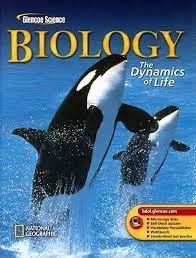
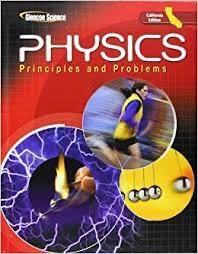
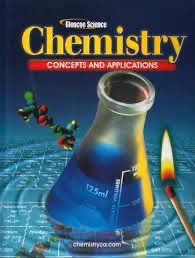
Our Social Studies curriculum aims to let our learners find their identity and understand their role in building a society, a country, and a world founded on the principles of justice, humanity, and democracy. Along with the development of identity and civic capabilities is understanding the past and present and relationships within society, between society and nature, and in the world, how they change and change, to shape individual and collective future.
To achieve this purpose, it is important to emphasize related social skills: (i) investigation; (ii) analysis and interpretation of information; (iii) research; (iv) communication, especially essay writing; and (v) implementing ethics standards.
Moreover, daily news reporting on major world and national events widens learners’ horizon, helps them form a positive worldview, and sharpens their critical thinking skills.
In essence, our values education intends to cultivate and develop the ethical character of each learner. It aims to guide learners to find the significance of his life, his role in Philippine society so he can participate in the construction of a community along the ideals anchored on truth, freedom, justice and love.
ISA is a non-sectarian school. And although it espouses no single official religion, we facilitate activities of various religious denominations during the weekends and the summer break, such as catechism for Catholics, Sunday school for Christians, occasional cultural activities sponsored by a Buddhist temple, among others. Recollection, retreats (minus religious teachings) for all levels are conducted yearly to strengthen learners’ spiritual conviction.
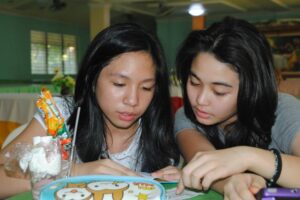
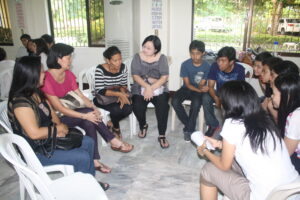

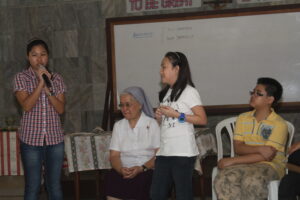
We arrange visitations to youth institutions, Christmas gathering and gift-giving, and encourage our learners to share their blessings, talents, and resources to bring warmth to the communities nearby as well as in other villages in the provinces of Iloilo and Guimaras.
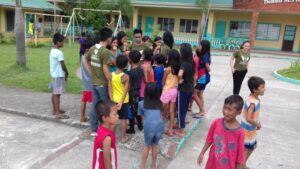
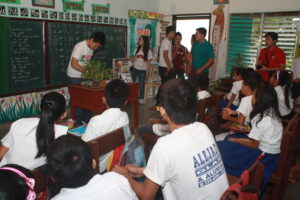
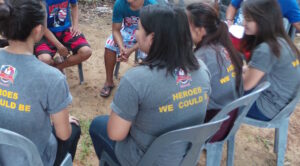
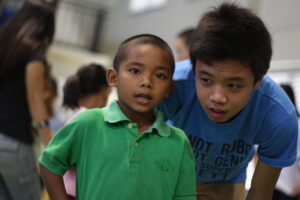

Learning of music instruments continues up to Grade 10. At this stage most of the learners can play at least one instrument, such as the violin, keyboard, guitar, or the drums, with considerable proficiency.
Many high school learners form their own bands and join inter-school competitions, such as the annual Battle of the Bands, an inter-school competition held in the ISA campus.
In the classroom, the music curriculum essentially follows the DepED music curriculum where high school learners learn the theory and history of Filipino as well as world music, specially be able to appreciate masterpieces of world renowned composers.
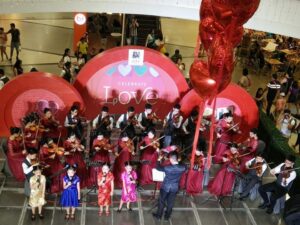
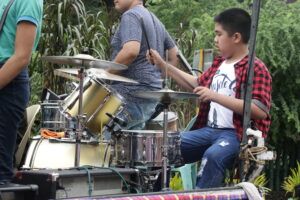
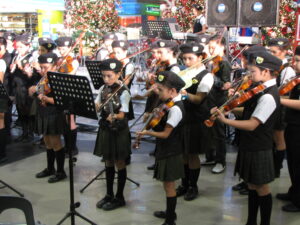
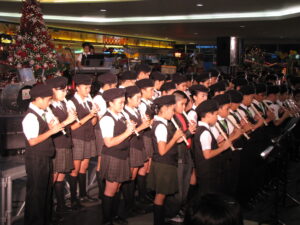
Physical literacy consists of movement, motor- and activity-specific skills. In high school this progresses to an understanding of the ‘why’ of the movement, which is achieved by developing more mature movement patterns and motor skills in a wide range and variety of exercises, sports, and dance activities to specifically enhance fitness parameters.
Our high school Health education focuses on the physical, mental, emotional, as well as the social, moral and spiritual dimensions of holistic health. It enables the learners to acquire essential knowledge, attitudes, and skills that are necessary to promote good nutrition; to prevent and control diseases; to prevent substance misuse and abuse; to reduce health-related risk behaviors; to prevent and control injuries with the end-view of maintaining and improving personal, family, community, as well as global health.
In order to facilitate the development of health literacy competencies, our mentors employ developmentally-appropriate learner-centered teaching approaches, such as scaffolding on learner experience and prior learning; engaging learners in meaningful games and cooperative learning activities; and using life skills and value-based strategies particularly in discussing sensitive topics such as substance abuse.
To prepare high school learners for the courses in college and job thereafter, they need to learn basic computer skills and the ABCs in robotics.
High school learners gain word processing skills when learning to type: skills they will need in college and the workplace. Our computer lessons integrate robotics to equip learners with the skills and knowledge on basic principles of programming of robots.
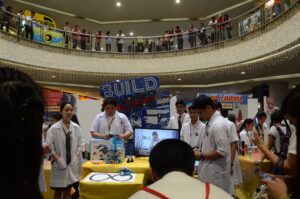
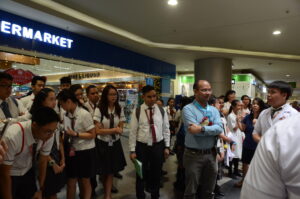
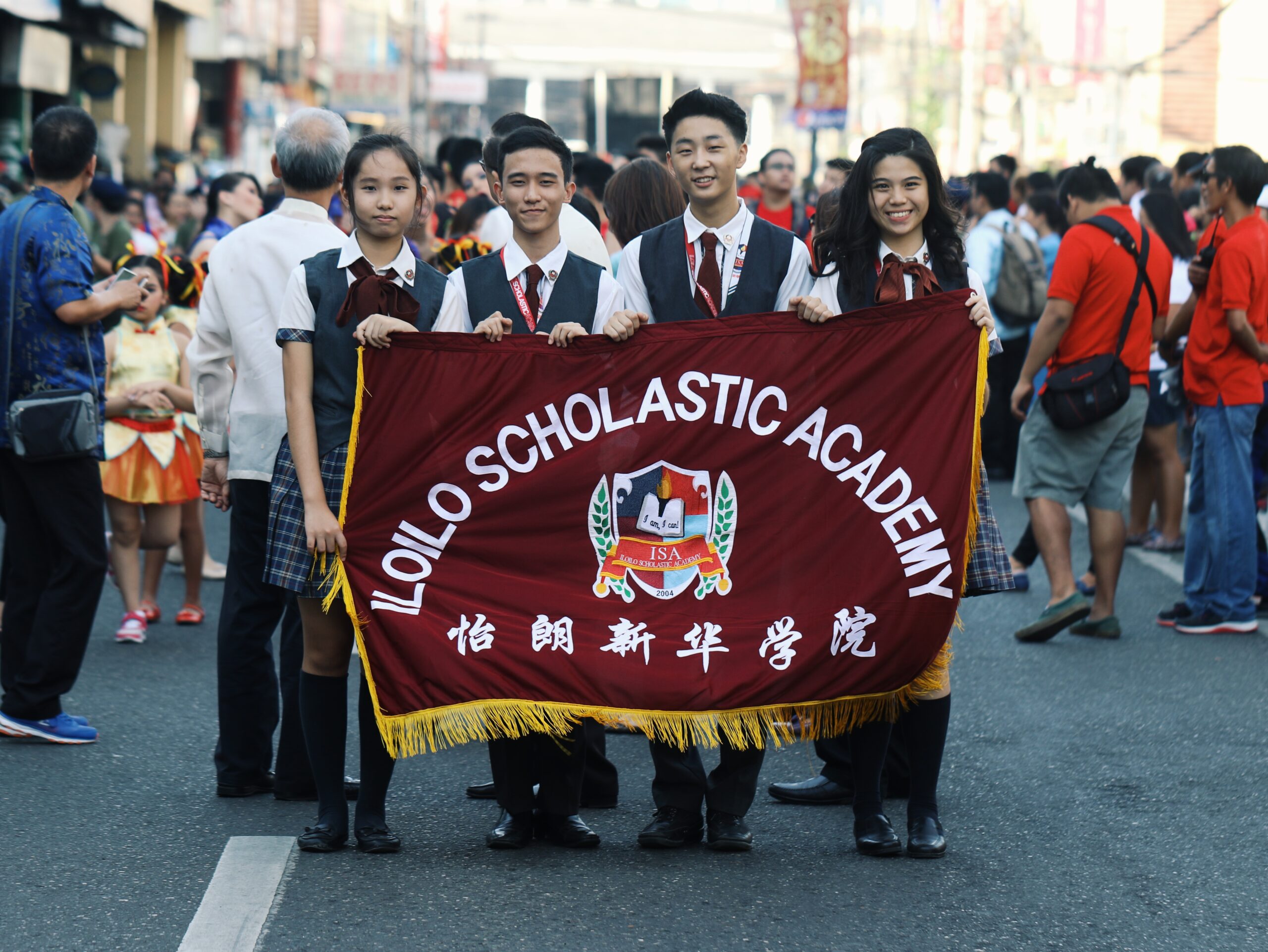
Your journey with ISA begins here. View our application process or contact us to learn more about our programs.